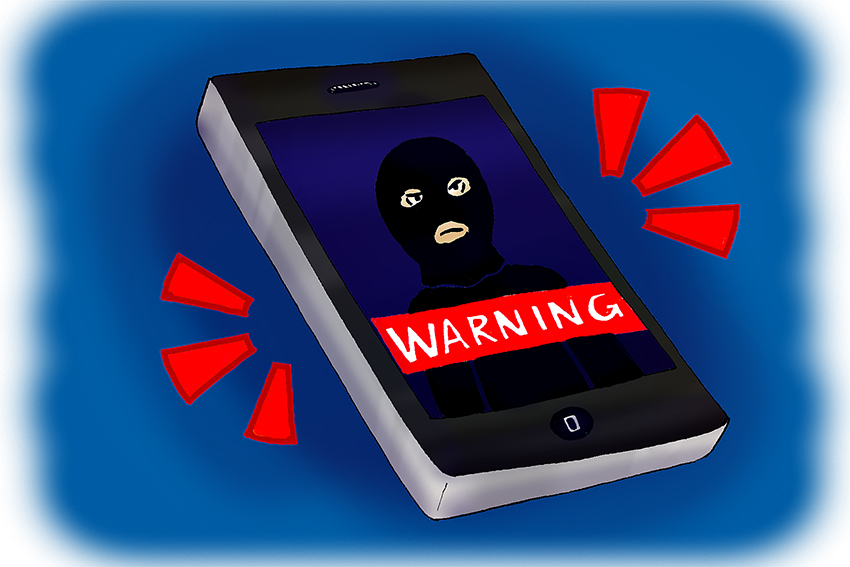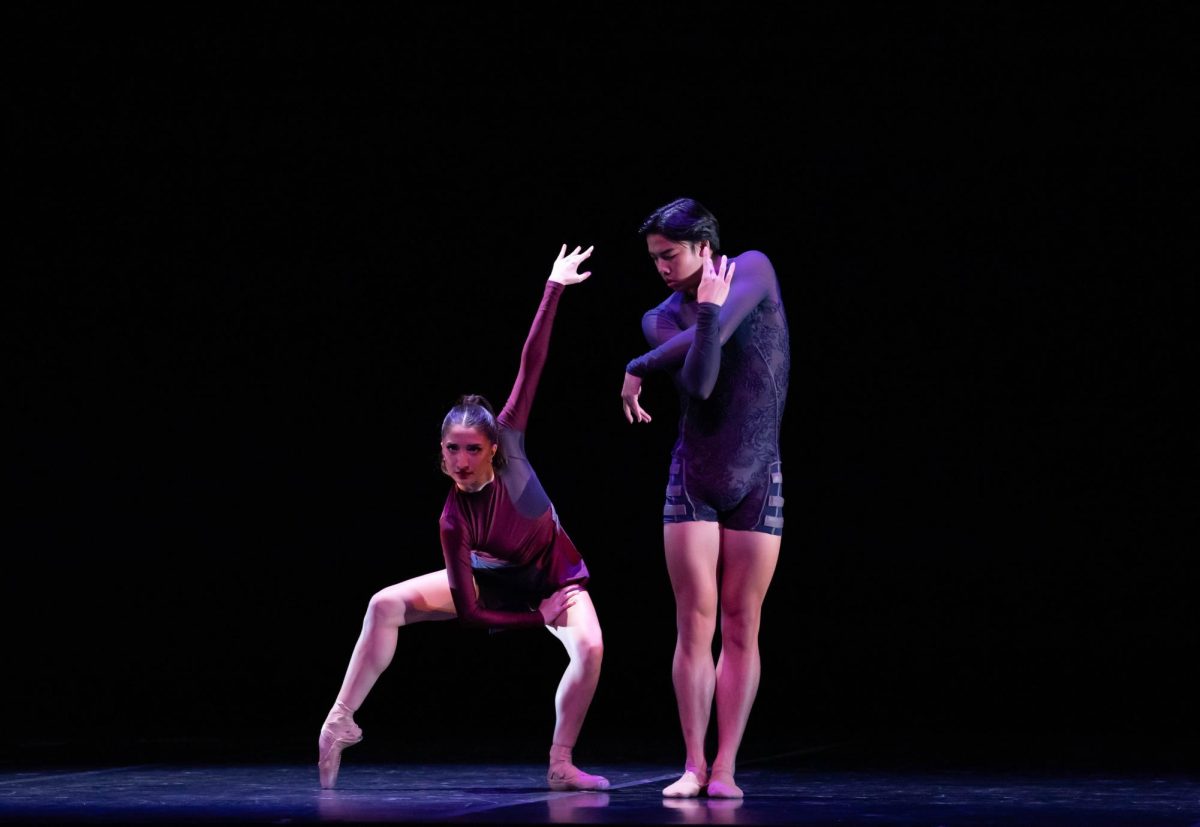Editor’s note: Autonomous Student Defense declined an official interview with The Daily Texan, but allowed attendance to their public meeting.
Although the UT Police Department sends text alerts about safety concerns relevant to the University community, a few unsatisfied students have developed their own text alert system — Autonomous Student Defense, or ASD.
Earlier this month, a handful of students gathered at Adams-Hemphill Neighborhood Park just north of campus to discuss safety at UT, listing grievances with UTPD’s text alert system and explaining how they feel ASD may help make students feel more secure.
ASD is run by the Autonomous Student Network, ASN, an antiauthoritarian, anticapitalist student revolutionary group. ASN is not a registered student organization. The student-run text alert system informs subscribers of what the groups sees as dangerous events around campus, relying on student crowdsourced information. Completely independent from UTPD, ASN refuses to work with officials as they claim UT law enforcement consistently fails to provide timely, accurate alerts for dangerous situations.
According to a statement from the group, ASD welcomes those who do not share their political views, as their focus is the overall safety of UT students. The program’s website provides an outline of their fact-checking procedures and of what constitutes a reportable event.
ASD lists “racist harassment,” “individuals repeatedly catcalling or otherwise harassing people from the same place” and “physical attacks (and) confrontations” as just a few of several
reportable events.
Psychology senior Jasmine Bell was one of the students at the ASD meeting. Living with restricted mobility because of a disability, she said that she appreciates the direct alerts and that their timeliness adds to her sense of security.
“I really like the fact that, when these things happen, somebody is noticing,” Bell said. “As somebody who is disabled, I can’t really get out of situations myself, and so knowing about them beforehand is very valuable for me.”
Despite receiving notifications from UTPD and the University regarding similar events, Bell said she is hesitant to trust them. She said the permitting of what she describes as hate speech on campus, and the permitting of Richard Morrisett to remain employed, tarnished UT’s credibility.
“I don’t really trust (UTPD),” Bell said. “I don’t really trust that everything that they are saying is in the best interest of students. The administration and the way that they make decisions, and the way that they don’t make decisions, is just really bad.”
Acting as a filter for speech on campus is not UTPD’s priority, said Peter Scheets, UTPD assistant chief of police. Rather, he said UTPD’s main concern is upholding the University’s mission and the safety of students.
“The University is a limited authorized forum,” Scheets said. “It’s reserved for students, staff, faculty and authorized visitors. When you get into demonstrations, the guiding document is the First Amendment. Often when asked about different groups, their thoughts or their message are not a concern at all from a law enforcement perspective. We focus on
the behaviors.”
Scheets said UT is currently working on a way to improve their communications regarding safety. He said students can expect an update on this effort with the next few months. The distrust and frustration with police communications is something that isn’t just an issue at UT, Scheets said — it’s a nationwide issue that has proven to be difficult
to solve.
“We have to have time to get out there and determine what it is that’s happening, but yet we still have to notify a community that has almost instantaneous communication,” Scheets said. “What you see happening on UT-Austin campus I think is reflective across the United States. My hope is we come up with something that really works and that we can show the rest of the nation, ‘This is how we do it.’”















